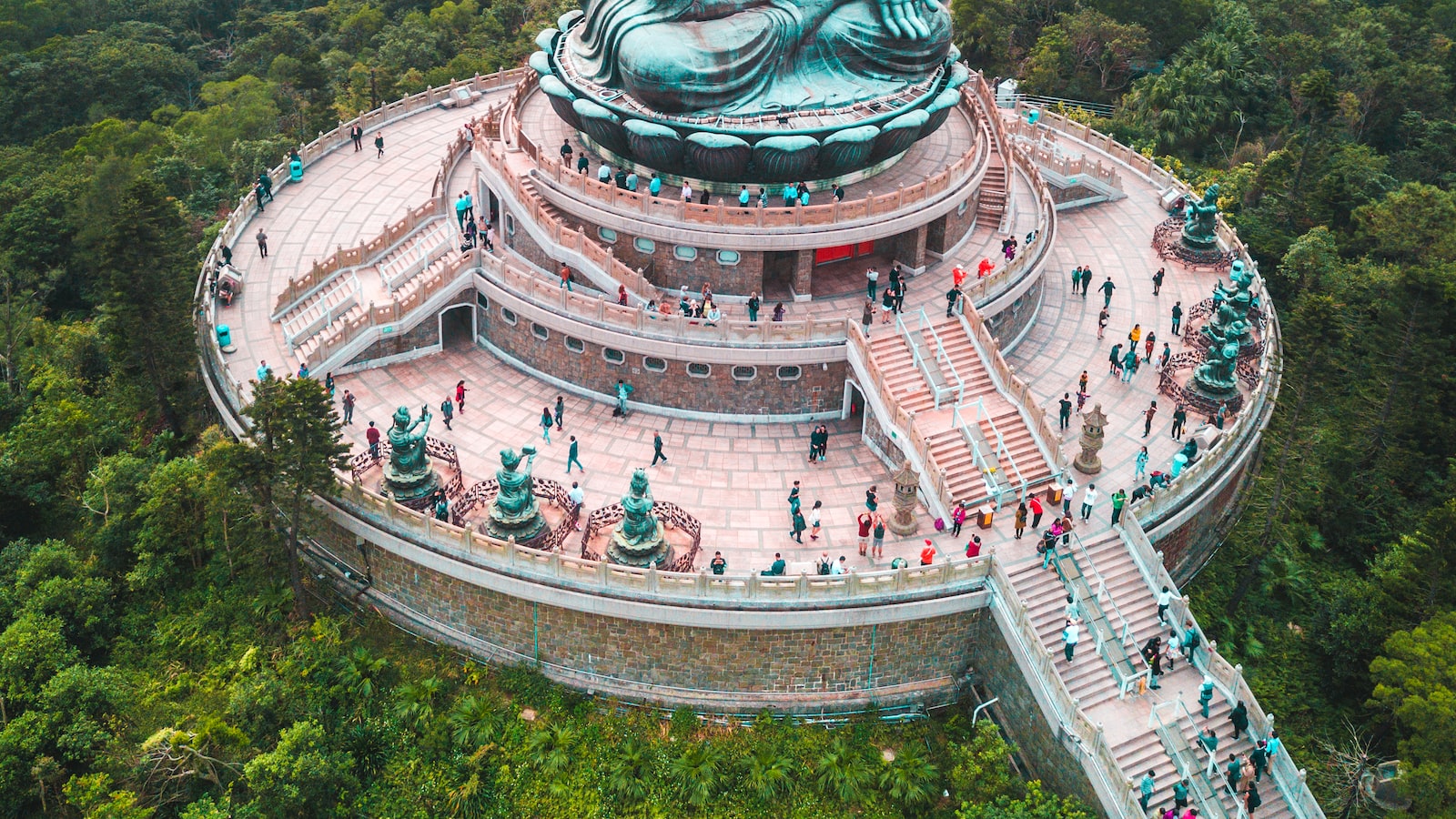Headlines and hashtags abut “air-mageddon” and “being Joyced” (delays, cancellations and lost baggage) miss a fundamental point – air travel is unlikely to return to what existed before, at least any time soon.
Australians living at “the arse end of the world“ (a phrase attributed to but denied by Europhile former prime minister Paul Keating) depend on mobility. Cheap air travel, based on large, efficient jets and low-cost airlines, fostered an illusion of integration which is reversing.
One problem is the higher cost of domestic and international air travel, with basic tickets often up over 50%. At the pointy end of the aircraft, a return trip to the US now costs about the same as a compact car.
The rises reflect losses (some US$190bn over 2020 and 2021) and increased debt (US$220bn) that airlines must recover or repay. There are additional costs of resuming operations – re-employing and training staff, reintroducing aircraft – which are complicated by shortages of skilled workers. Higher fuel prices, which make up as much as one third of an airline’s costs, Covid-19 disruptions and airports unable to cope with an upsurge in flights add to operating expenses.
Another impediment is greater uncertainty – forced cancellation due to isolation, possible exposure while travelling, potential reimposition of quarantine, and risk of stranding, all complicated by expensive and patchy travel insurance coverage.
While some problems will ease as pressures from “revenge travelling” (pent-up demand after forced pandemic confinement) diminish, others are structural. Higher oil prices (a finite resource) and climate change (plane emissions are hard to eliminate) will continue to affect the cost of air travel.
Given its international isolation and large internal distances, the economic and social impact of expensive or more restricted air travel for Australia is substantial.
Australia’s tourism revenues and educational exports support hundreds of thousands of jobs and communities and subsidise the country’s universities. In pre-pandemic 2019, around 28,000 international visitors arrived in Australia every day for leisure, study or work, spending around $65bn, accounting for 13% of exports and 3% of GDP. This relies almost entirely on efficient and affordable air links. Rising fares make Australia less competitive. Locals cannot fully compensate for the economic loss of reduced international arrivals.
Reduced mobility affects movement of labour and cargo. Primary industries are frequently located in distant areas and must rely on fly-in fly-out labour, supplies and services. Australia is reliant on imports of many industrial and consumer goods. A high proportion – especially perishable or time-sensitive items such as pharmaceuticals, 90% of which are foreign manufactured – is carried in the holds of passenger aircraft. Fewer flights equate to higher costs, delays and reduced availability.
Australia has for decades relied on immigration to sustain growth and meet workforce requirements. Higher travel costs make Australia a less favoured destination, where the potential immigrant has a choice. The recurrent expense of visiting family and friends left behind may discourage potential applicants. Similarly, highly skilled contract workers on short-term contracts, who typically want to avoid the disruption of relocating families, may be less willing to take up positions.
Barriers to travel affect life expectations. Australians, who have come to expect overseas travel after graduation or on retirement, may now have more limited choices. The post-pandemic world may see the well off travelling as they please while others have to save for the same opportunities. This inequity may feed already rising social tensions. The lack of exposure to different cultures may also heighten Australia’s existing xenophobia and complicate attitudes to foreign affairs and development aid.
Policymakers seem oblivious to these issues despite promoting initiatives to boost immigration, attract short-term workers as well as increase tourism and foreign students, all of which require travel. Given the continent’s geography and economic reliance on mobility, transport links should be considered essential infrastructure. Yet there doesn’t seem to be a coherent strategy.
Australian domestic travel has evolved into a de facto monopoly with limited competition and choice. International connections are now restricted because Qantas, the national carrier, focuses on lucrative local destinations and foreign carriers have discontinued or reduced flights to Australia for commercial reasons.
Having sold off national assets such as airlines and airports, and wedded to market solutions, the state is poorly placed to intervene. In a case of missed opportunities, the Australian government extended generous assistance to Qantas during the pandemic (around $2bn) without seeking a shareholding or the ability to influence future operations.
Without attention to this issue, it is likely that what the American geographer William Bunge termed the “tyranny of distance” will dog Australia’s post-Covid recovery and future prospects.

